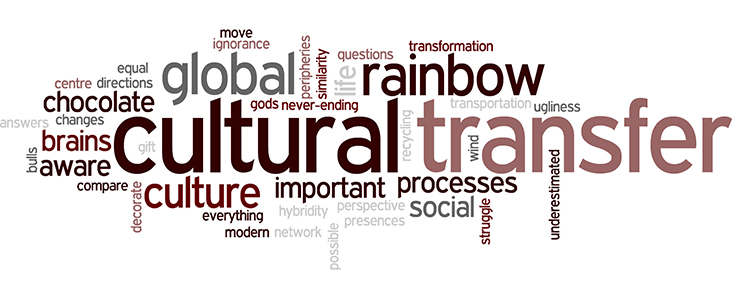14. February 2014, Sandra | 0 Comments
Monatsarchiv für February 2014
11. February 2014, Eva-Maria Müller | 0 Comments
The quiz by the Austrian newspaper Die Presse might offer a fun way for those of you who want to test their knowledge of Swissness (or collect a bunch of stereotypes) before leaving for tomorrow’s excursion: quiz
11. February 2014, mrossini | 0 Comments
In memoriam of Stuart Hall who died on 10 February.
Black British Academics offers a site to post your sentiments and memories of this great and highly influential intellectual and very generous person: website
10. February 2014, mrossini | 0 Comments
The book by Jonathan Safran Foer that Jeroen Nieuwland mentioned in his comment to Anil Bhatti’s talk, Tree of Codes: publisher’s website


